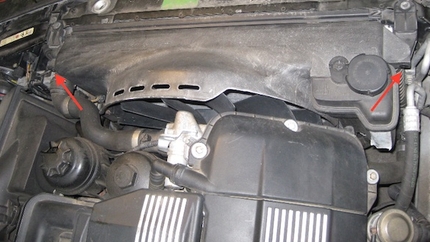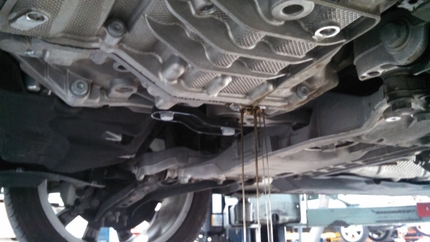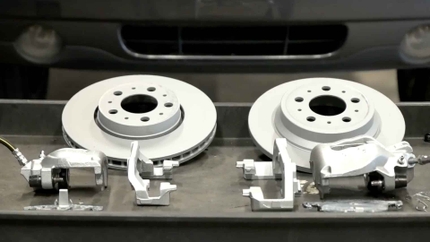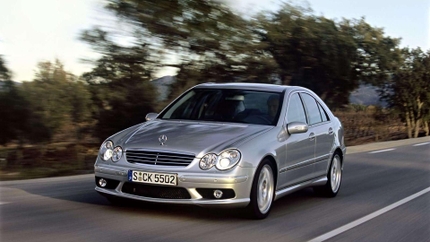- 12/30/2014
- 2 Min Read
- By: Dan Bullmore
How Forced Induction is The Key to Engine Efficiency
Engine efficiency is a very broad concept, and a very large component of the physical discipline known as thermodynamics. For all engines, there is a calculable maximum efficiency. Since the laws of thermodynamics prohibit 100% efficient machines, we do know how good of an efficiency we can come to expect from standard piston engines. We know that engines require a certain heat input in order to perform work. In the case of an automotive engine, that heat input comes in the form of chemical potential energy stored in fuel. The more power an engine can produce per unit of fuel consumed, the higher the efficiency of the engine.
Is the engine any more efficient?
Without getting into complicated topics on engine design, it should be easy to see that by keeping engine RPMs down, you will generally use less fuel. This is the reason behind modern transmissions with 7+ speeds. Transmissions with all of these speeds are able to keep the engine running in a narrow and effective power band that allows the car to consume less fuel per mile driven. But is the engine really any more efficient?
Not necessarily. We see that the vehicle as a complete system is more efficient because the energy supplied produced more usable output (we received a higher number of miles per gallon), but the engine is not necessarily producing more power per unit of fuel used, it is just using the fuel more wisely.
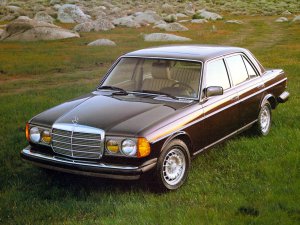 Diesel vehicles reach upwards of 50mpg
Diesel vehicles reach upwards of 50mpg
As we discussed earlier, piston engines are greatly limited in the efficiency figures they can develop, simply because of thermodynamics and mechanical losses in the system. Certain combustion cycles are more efficient than others. Despite the fact that Diesel engines are generally considered more efficient, the actual thermodynamic cycle is less efficient than the Otto cycle found in most modern gasoline engines. This seems counterintuitive because we see diesel vehicles reaching upwards of 50 MPG while most gas vehicles are still lagging in the 30s. The answer to this question is forced induction.
One of the biggest limiting factors on engine efficiency is the ability for the cylinders to completely fill with a new charge of air on each intake stroke. Since engines are usually choked up with intake hardware, and because it is physically difficult to move that much air into a cylinder by suction alone, the engine fires with an incomplete charge. The ability of the engine to fully fill its own cylinders is termed the engine's "Volumetric efficiency". Vehicles with forced induction can completely fill and even overfill their cylinders, effectively tricking the cycle into being more efficient. This increase in volumetric efficiency is one of the biggest reasons why Diesel engines tend to be more efficient.
The driver develops a lead foot
You may be thinking "But turbocharged engines make all this power and use so much fuel! How can that be more efficient?!" When we strictly consider the power production per unit of fuel , the system is more efficient. Unfortunately, this greater efficiency often translates to more useful power production lower in the RPM range, and eventually the driver develops a lead foot defeating the fuel efficiency gains. The control group would be early Diesel engines such as in my 1976 and 1983 Mercedes 300Ds. The '83 was a turbo, and turned in somewhat better fuel economy than the '76. Both cars were slower than cold molasses, so you were never encouraged to put the hammer down. As such, we were able to appreciate the fuel economy gains on the '83. If it had been more "fun to drive" I'm sure my fuel economy would have been horrible.
As we say in the world of thermodynamics - You can never win. Nor can you break even. This is the law!
In short, when pitching the idea of a turbo or supercharger to your significant other, or to someone who has the power of the purse on your project, you can always explain the scientifically lofty purpose of installing a forced induction device to increase your engine's efficiency, and therefore saving the planet and plenty of money in fuel costs. Failing that, you can buy a Jetta TDI. The Drive-E Volvo Diesels aren't available stateside yet.
Shop Mercedes-Benz at FCP Euro
 Dan Bullmore is a physicist and engineer from Houston, TX. Preferring the old to the new, Dan has owned many examples of Mercedes and Volvo vehicles and has devoted much of his time to maintaining and understanding them.
Dan Bullmore is a physicist and engineer from Houston, TX. Preferring the old to the new, Dan has owned many examples of Mercedes and Volvo vehicles and has devoted much of his time to maintaining and understanding them.



